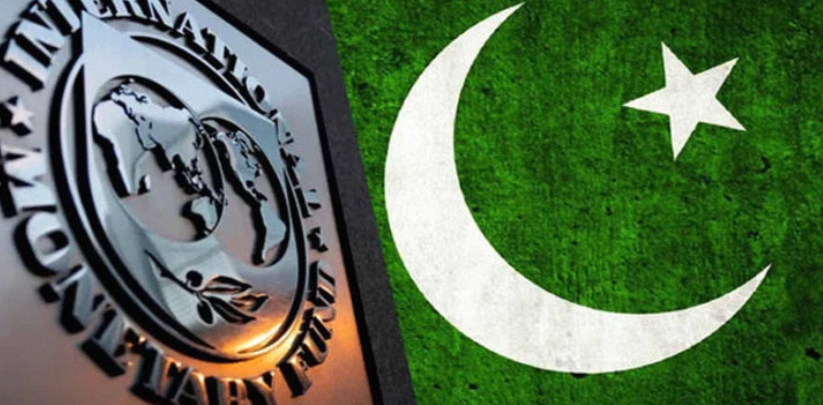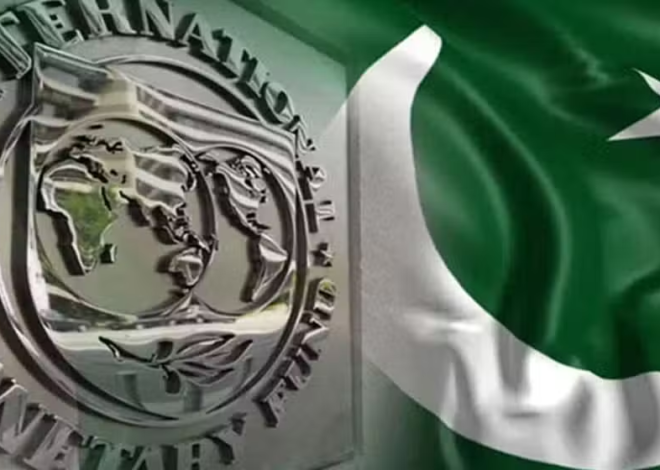
Pakistan May Miss Five Key IMF Targets
Pakistan is at risk of missing five critical targets set by the International Monetary Fund (IMF) under its $3 billion bailout agreement. These targets include revenue collection, energy sector reforms, and structural adjustments.
The looming shortfall could jeopardize Pakistan’s ability to secure future tranches of IMF funding, which are crucial for stabilizing its economy. The government has struggled to meet revenue targets amid sluggish economic growth and rising inflation, which have reduced consumer spending.
Energy sector reforms remain a sticking point, with circular debt and inefficient distribution systems hindering progress. The IMF has repeatedly emphasized the need for targeted subsidies and cost-reflective tariffs to address these challenges.
Structural reforms, including privatization of loss-making state-owned enterprises, have also faced delays. Political resistance and administrative hurdles have slowed progress, raising concerns about the government’s commitment to meeting IMF benchmarks.
Missing these targets could have far-reaching consequences for Pakistan, including reduced investor confidence and limited access to international financial markets. The government must intensify its efforts to implement reforms and demonstrate its commitment to economic stability.







